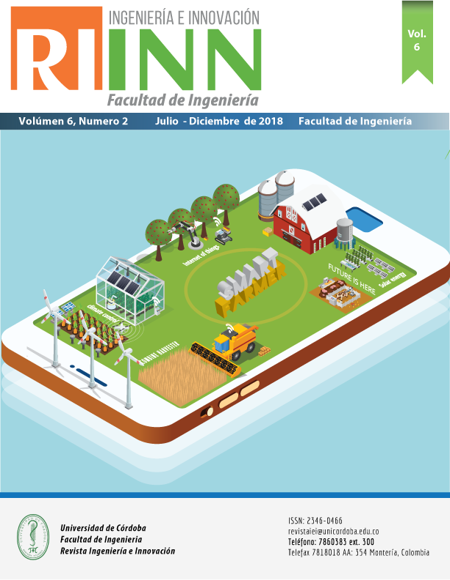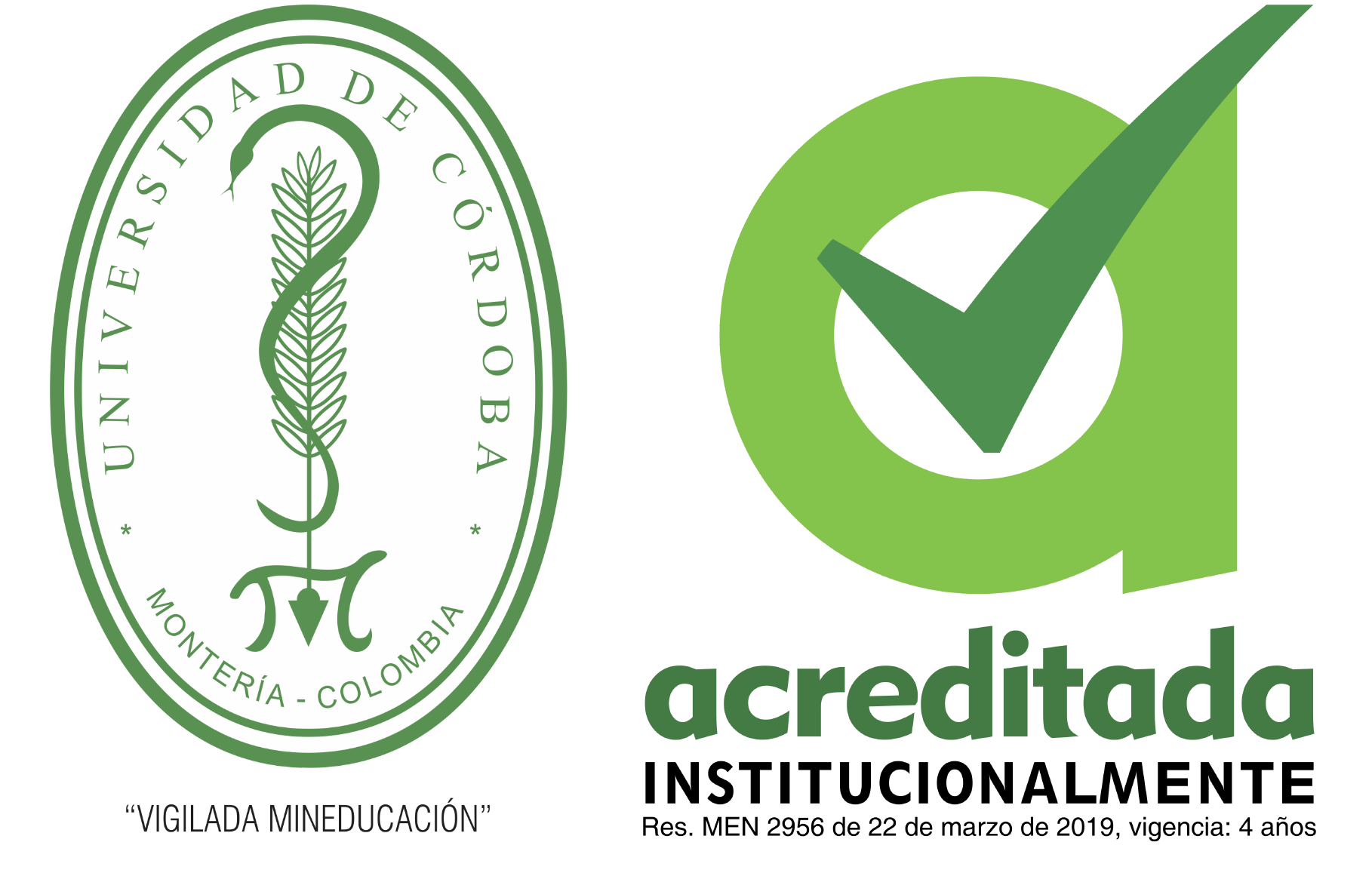Educational Intervention Supported in ICT in an Inclusive Teaching-Learning Process
Intervención Educativa Apoyada En Tic En Un Proceso De Enseñanza-Aprendizaje Inclusivo
Show authors biography
Effective schools are educationally inclusive centers, being demonstrated not only in their performance, but in their distinctive character and their willingness to offer new opportunities to those students who may have experienced difficulties, supporting them in the educational process and constantly monitoring and evaluating them. your progress The general objective of the study was to define a proposal for educational intervention in the areas of mathematics supported by ICT, based on the analysis of the academic intervention process of students with learning difficulties and psychosocial aspects, considering the individual differences of students, including their learning styles and rhythms, as well as their specific needs that require differentiated educational support. For this purpose, the descriptive method with a quantitative approach was used, evaluating the curriculum and the teaching - learning process supported by technological resources, in which 2 math teachers from the third grade of elementary school participated, each with a group of 20 students. .
The results obtained indicate that 100% of the educational institutions of the representative sample need to be strengthened in the elements that characterize an inclusive school, such as curricular adaptations, teacher training and inclusive educational resources, among others. Students with specific needs that require differentiated educational support are intervened or accompanied by teachers and / or psychosocial team (in the institutions that have this team) in the academic component through reinforcements and in the psychological component with talks, usually in company of parents or responsible guardian. The proposal generated from the results of the research process corresponds to the definition of an academic intervention process developed individually and collectively through the support of technological educational resources that give the inclusive character to the educational process, allowing all Students in a regular classroom learn in a meaningful way. In the validation of the model of educational intervention supported by ICT, the results obtained were that 80% of the students obtained the competences related to the topic addressed in the test at first and the remaining 20% with additional didactic exercises. a second moment he could reach the required competences.
Article visits 1754 | PDF visits
Downloads
Calvo C. Pérez J. & Coteron J. (2015). Propuesta de un programa de intervención educativa para facilitar la inclusión de alumnos con discapacidad en educación física. RETOS. Nuevas Tendencias en Educación Física, Deporte y Recreación, núm. 27, enero - junio, 2015, pp. 140-145.
Fernández & Bermejo (2012). Actitudes docentes hacia las TIC en centros de buenas prácticas educativas con orientación inclusiva. Enseñanza & Teaching, 30, 1-2012, 45-61.
González & Martínez (2011). Adaptación curricular por competencias como medida educativa inclusiva. Exposición de un caso con amplias dificultades de comunicación y lenguaje en educación. : Innovación educativa, n.º 21, 2011: pp. 289-304
Moreno S. (2012). Efectos de un programa de intervención en el lenguaje sobre el desarrollo del léxico y del procesamiento fonológico en escolares de educación infantil con trastorno específico del lenguaje. Revista de Investigación Educativa, 30 (1), 71-86.
Muntaner (2014). Prácticas inclusivas en aulas ordinarias. Revista nacional e internacional de educación inclusiva ISSN (impreso): 1889-4208. Volumen 7, Número 1, Marzo 2014.
Sánchez (2012). El currículo de la educación básica en México: un proyecto educativo flexible para la atención a la diversidad y el fortalecimiento de la sociedad democrática. Revista Iberoamericana sobre Calidad, Eficacia y Cambio en Educación, vol. 10, núm. 4, 2012, pp. 149-163
Serrato, L. & Garcia I (2014). Evaluación de un programa de intervención para promover prácticas docentes inclusivas. Revista Electrónica "Actualidades Investigativas en Educación", vol. 14, núm. 3, septiembre-diciembre, 2014, pp. 1-25.




